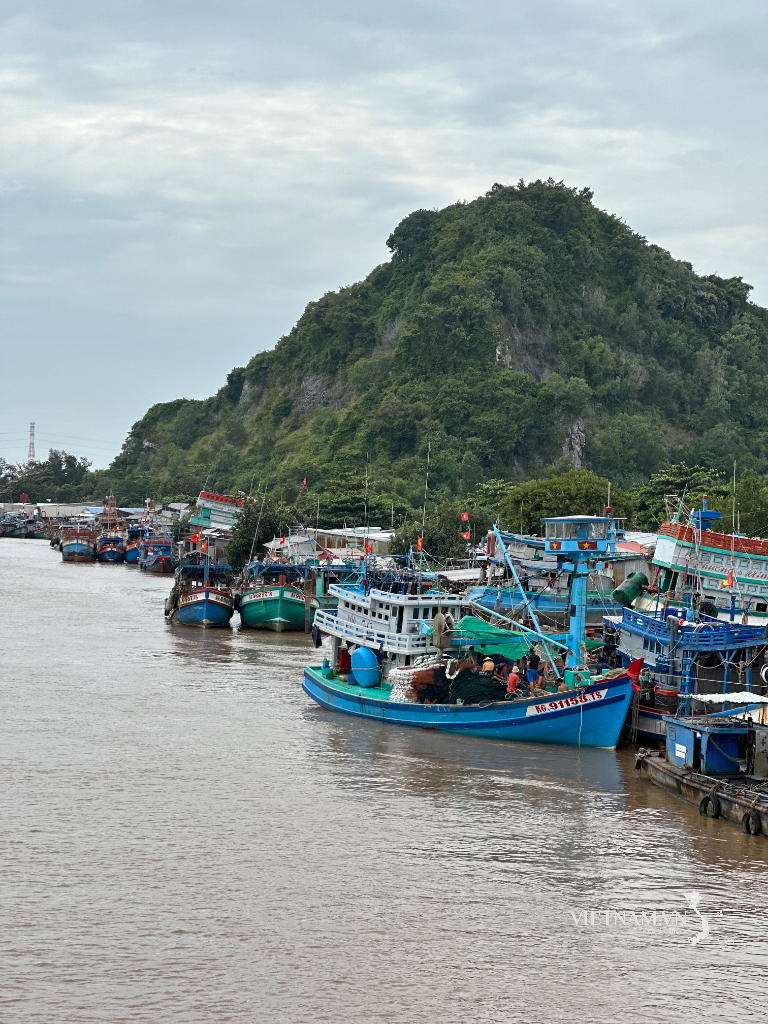 |
| The Phu Son waste-to-energy plant clearly demonstrates EPR (Electricity Precipitation). |
Recently, the Department of Natural Resources and Environment (DNRE), in collaboration with the " Hue - A Plastic-Reducing City in Central Vietnam" project, organized a workshop to introduce the Extended Producer Responsibility (EPR) tool at the local level. Many participating experts stated that EPR is an approach to environmental policy in which manufacturers are required to be environmentally responsible throughout the product's lifecycle, from design and production to consumption.
According to Mr. Nguyen Thi, an expert from the Legal Department of the Ministry of Natural Resources and Environment, EPR was previously institutionalized in the 2005 Environmental Protection Law. However, in recent years, EPR regulations have not been effectively implemented because it is a completely voluntary model.
Voluntary adoption has led to the EPR model being ineffective, failing to create a sustainable financial mechanism for the recovery and processing of used products and packaging; and having no impact on the use of materials, the design of products that are easy to collect and recycle, or extending the "lifespan" of products...
"Given the inevitable trend of developing the circular economy model today, applying EPR is necessary to achieve sustainable development goals," Mr. Nguyen Thi stated.
Currently, according to the 2020 Environmental Protection Law, the EPR (Environmental Protection Program) has been re-oriented, assigning manufacturers two responsibilities: the responsibility to recycle packaging products for those with recyclable value; and the responsibility to collect and treat waste for products containing hazardous substances that are difficult to recycle, hindering waste collection and treatment. This is a clear policy that helps address plastic waste issues, promotes the development of the circular economy in localities, and creates many opportunities for the development of a modern, environmentally friendly recycling industry.
A business representative shared that, to implement EPR effectively and sustainably, in addition to recognizing "waste as a resource," ministries and agencies need to develop and improve institutions and policies to support and encourage manufacturers and importers to fulfill their responsibilities. Relevant parties need to strengthen communication, sharing, and clarification of issues related to the implementation of detailed regulations on EPR, such as the target groups, implementation methods, roadmap, declaration, reporting of recycling results, and penalties for violations. This will help businesses better understand their responsibilities in managing and treating waste throughout the product lifecycle.
Mr. Nguyen Hoang Phuoc, Head of the Provincial Environmental Protection Department, stated that EPR and the Circular Economy are closely related. Without EPR, the Circular Economy cannot exist. EPR is clearly defined in Articles 54 and 55 of the Law on Environmental Protection and is further detailed in Government Decree No. 08/2022/ND-CP dated January 10, 2022. In the near future, the Department of Natural Resources and Environment will organize numerous conferences and workshops to help relevant local stakeholders better understand EPR, specifically the relationships between producers, recycling organizations, collectors, and consumers, in order to effectively implement EPR at the local level.
Source: https://baothuathienhue.vn/kinh-te/chu-trong-den-epr-146211.html









































































































Comment (0)